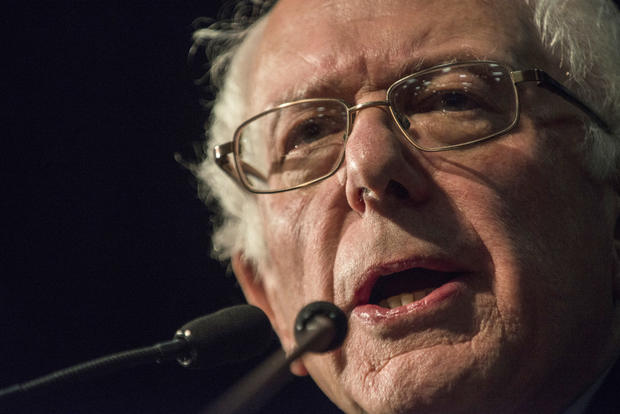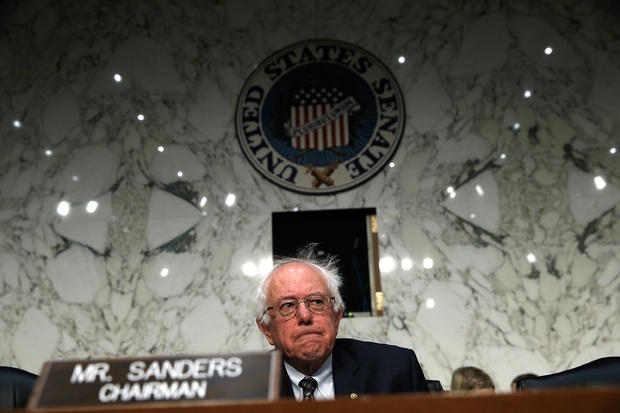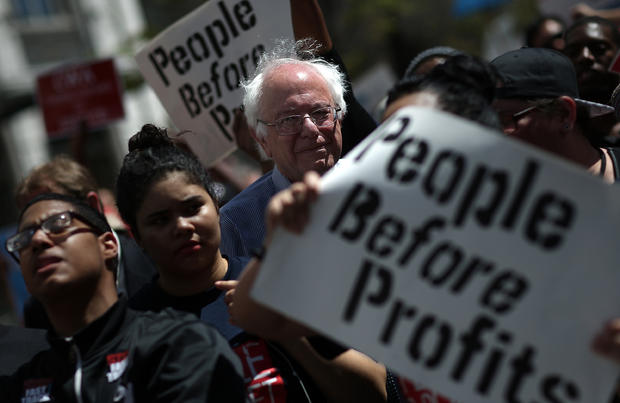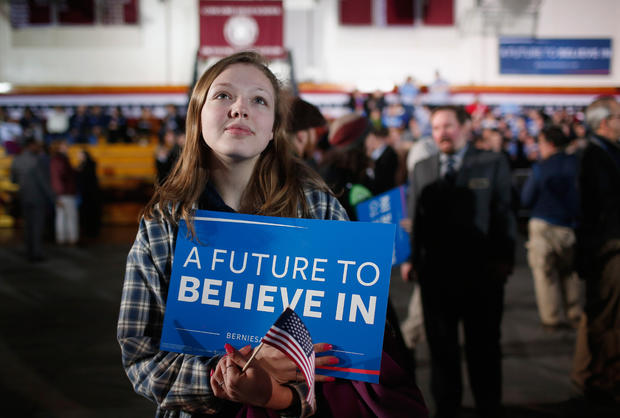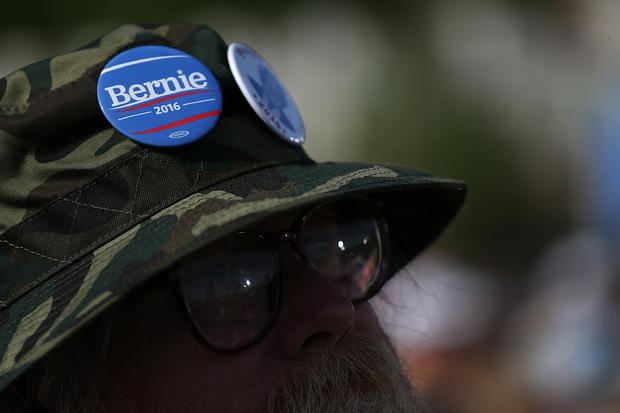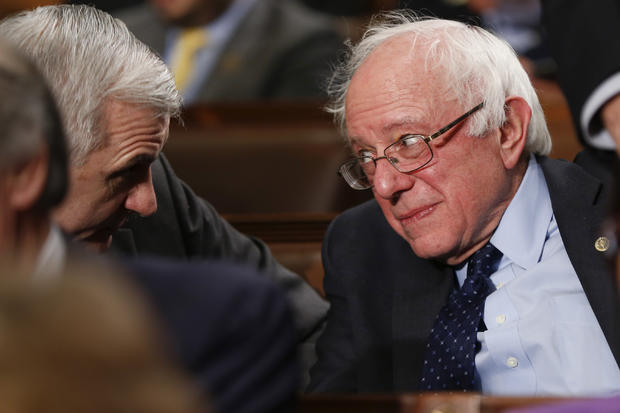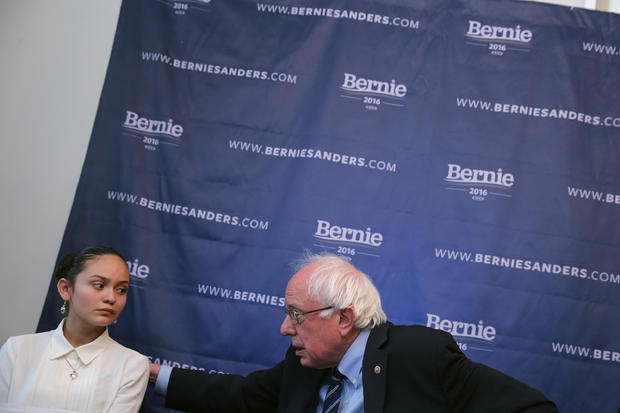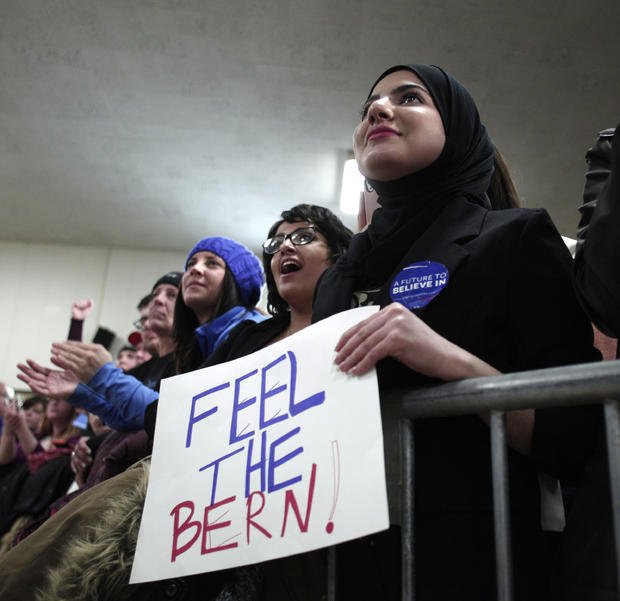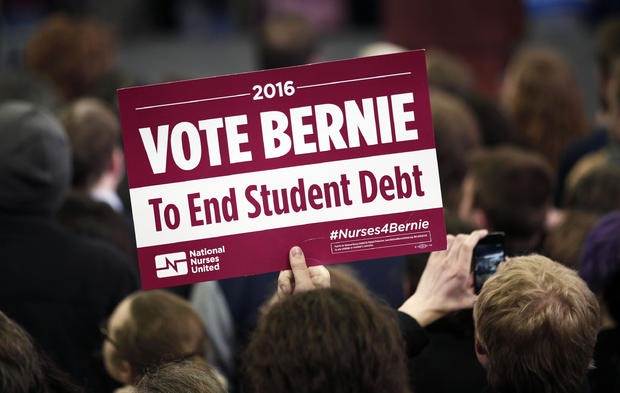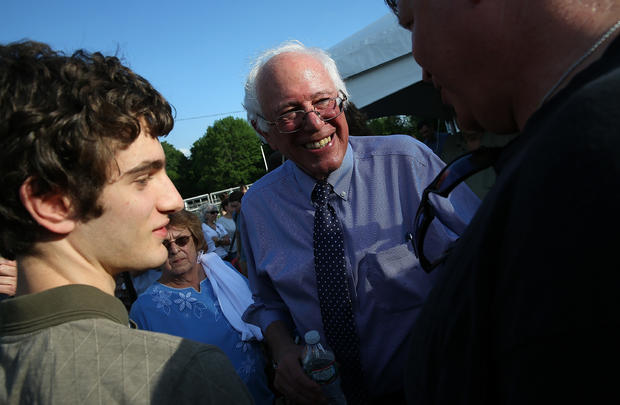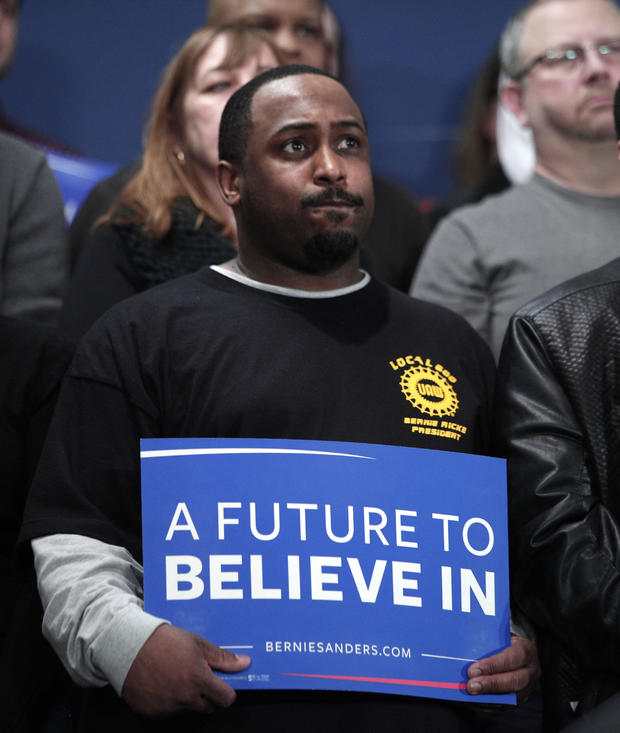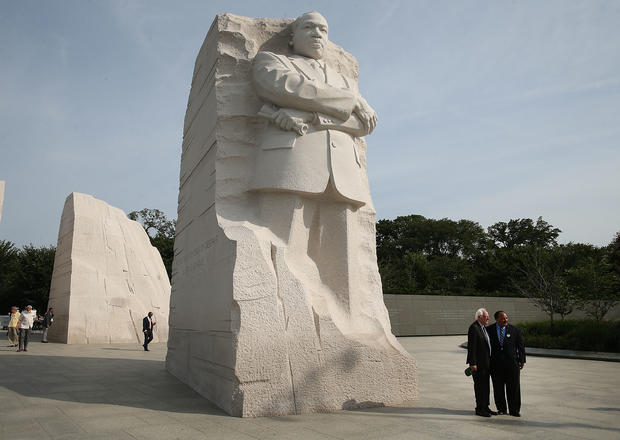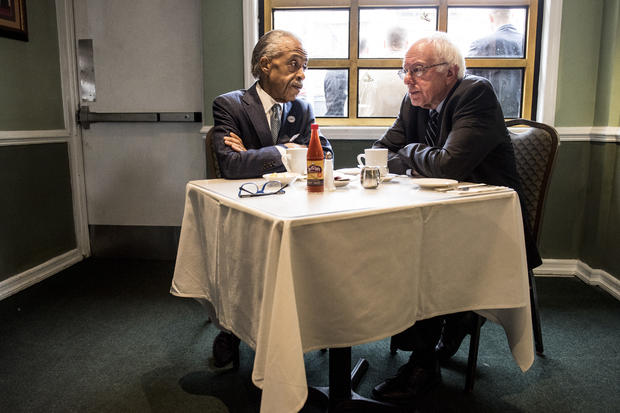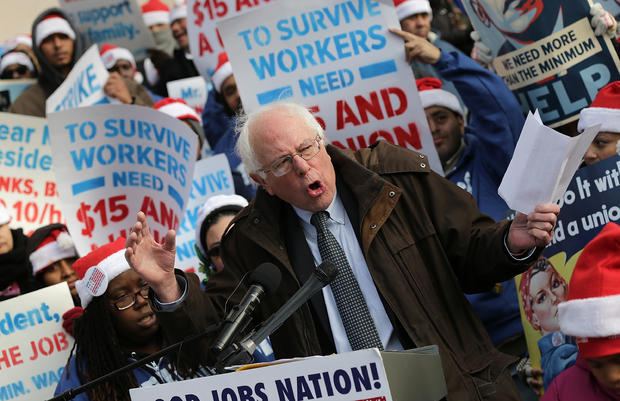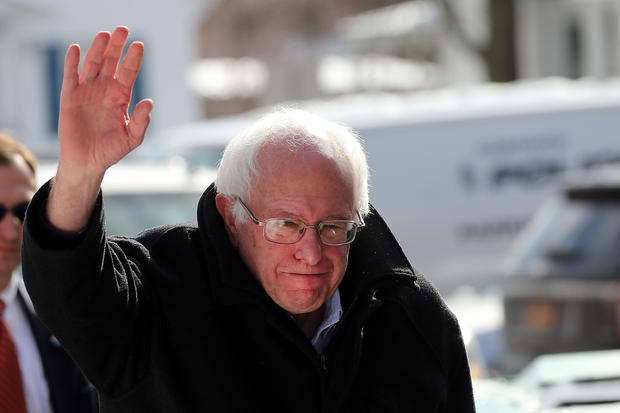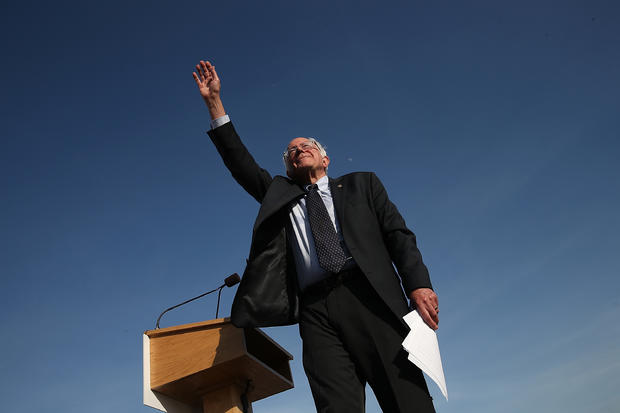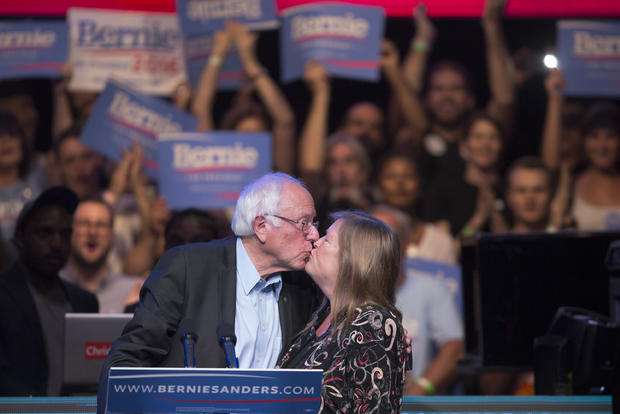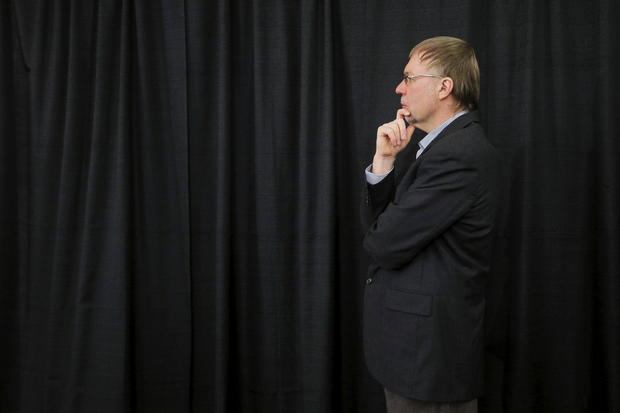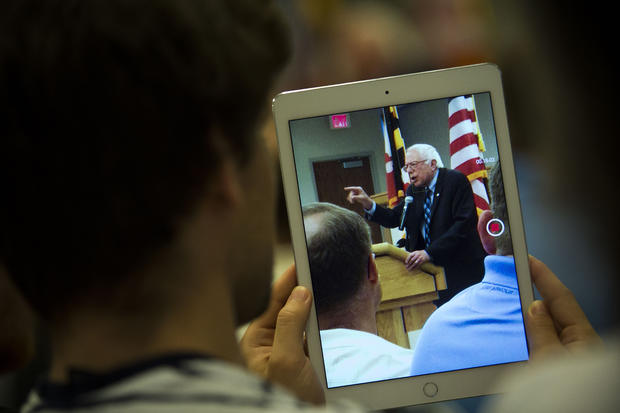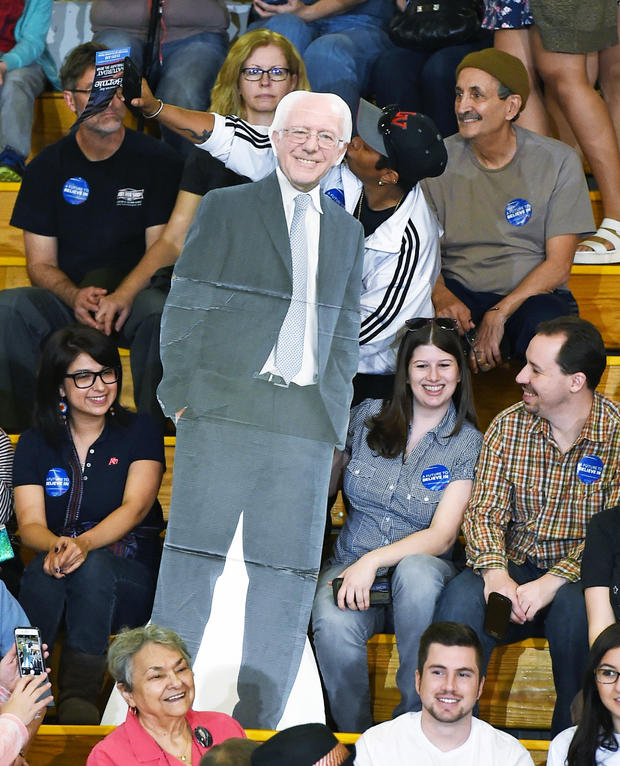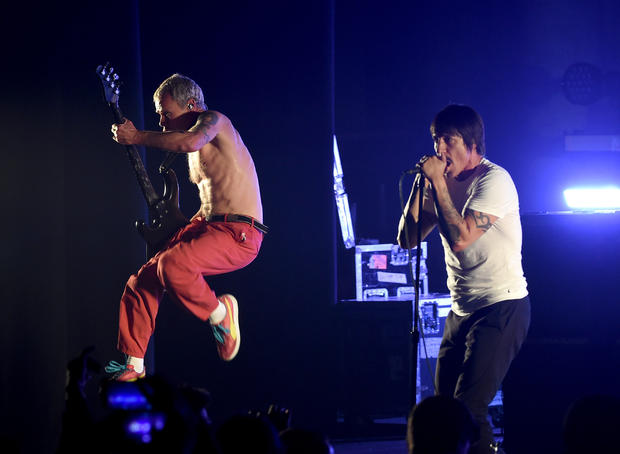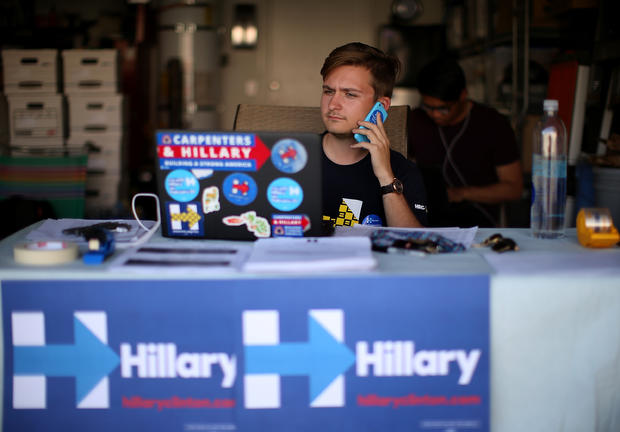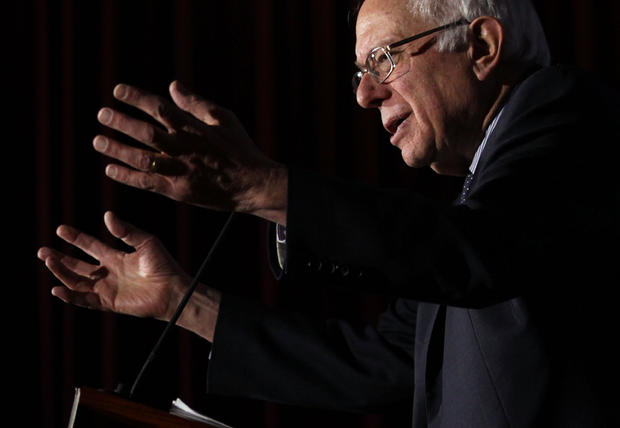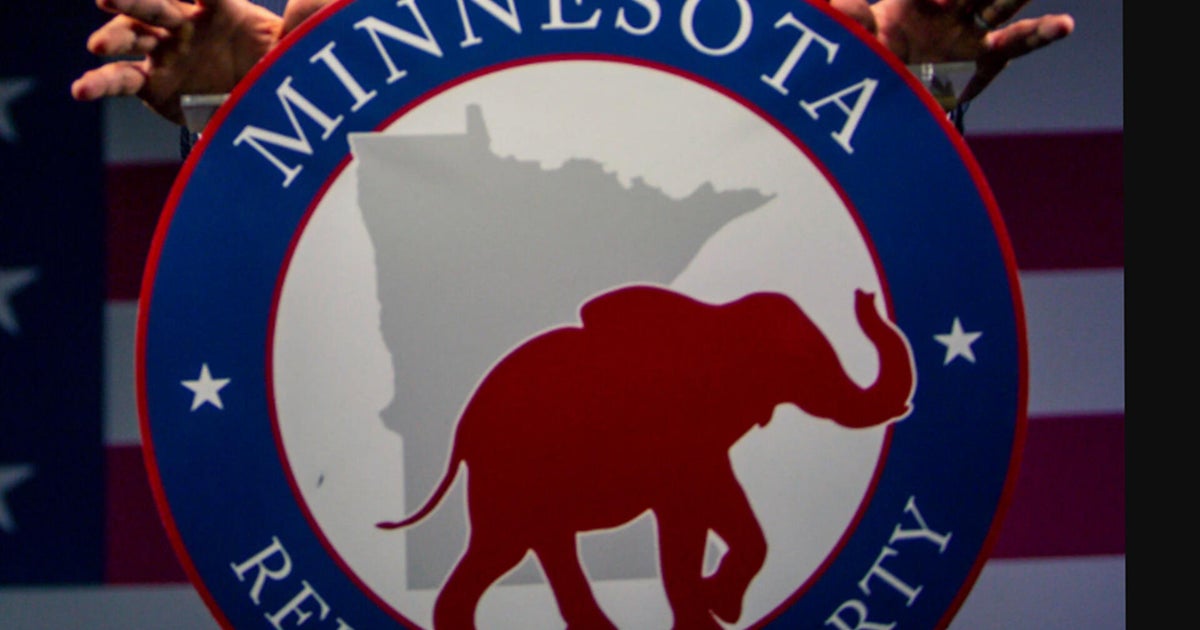Bernie Sanders: Everything you need to know
The Republican presidential race may be packed with candidates, but among Democratic voters, the choice of the moment is either Hillary Clinton or Bernie Sanders, a Brooklyn-born U.S. Senator and self-described democratic socialist.
Thanks in part to a savvy social media presence, a populist platform and a decent showing in recent debates, Sanders has proven to be a serious White House contender. Here's what you need to know.
He's a veteran in the legislative branch
When Sanders first arrived on Capitol Hill in 1991, Congress hadn't seen an independent representative in decades. Nonetheless, Sanders served in the House from 1991 until he became a senator in 2007.
He doesn't generally favor tax cuts
A key part of Sanders' platform: Eliminate the cap on payroll taxes on incomes over $250,000, and raise taxes on Wall Street. Sanders has said he'd used those taxes to expand Social Security and making public colleges and universities tuition-free.
In 2010, Sanders also famously filibustered against a proposed extension of Bush-era tax cuts.
"Enough is enough!" he said during the filibuster. "How many homes can you own?"
He's a feminist and gay rights advocate
Sanders has described himself as a feminist. He opposes de-funding Planned Parenthood and favors abortion rights for women.
Sanders also opposed the 1996 Defense of Marriage act, and his state, Vermont, was the first to legalize same-sex unions in 2000.
He's anti-war but pro-veteran
As an undergraduate at the University of Chicago in the early 1960s, Sanders was an organizer for the Student Nonviolent Coordinating Committee and the Student Peace Union. He applied for conscientious objector status during the Vietnam War. Though his application was eventually rejected, by that time, he was too old to be drafted.
He wrote the Veterans Access, Choice and Accountability Act, which authorized $5 billion in spending for soldiers returning home from the Middle East. He also wants to restore cuts to military pensions and expand care for wounded veterans.
He'd close Gitmo
Sanders' plan for combating terror includes redoubling diplomatic efforts and moving away from a "policy of unilateral military action."
Sanders also would ban torture and close Guantanamo Bay. He has expressed support of the recent Iran nuclear deal.
He'd expand immigrant rights
Sanders has said he would spend fewer dollars on border reinforcement, such as walls, and "modernize" the border, though it isn't clear exactly what that would entail. He would also allow immigrants to purchase health coverage via the Affordable Care Act.
The child of a Polish immigrant father himself, Sanders has said he would "push for immigration reform and go even further than President Barack Obama in expanding deportation relief."
He's OK with Syrian refugees
After the ISIS attacks in Paris, Sanders cautioned against "Islamophobia," adding that America should continue to welcome Syrian refugees. He also has said that he considers global warming to be the greatest security threat to our country.
He wants to ease millennial debt burdens
Sanders wants tuition to be free at public colleges and universities. He'd also work to cut student loan interest rates; he's said he'd pay for the $75 billion measure "by imposing a tax of a fraction of a percent on Wall Street speculators who nearly destroyed the economy seven years ago."
As for Sanders' own college career in the 196os, he's called his grades "mediocre" and the classroom "boring and irrelevant." Instead, he's said, he's learned "infinitely more on the streets and in the community."
He has a complicated history with guns
Gun control advocates have criticized Sanders' voting record; in 2005, he voted in favor of the Protection of Lawful Commerce in Arms Act, which granted sweeping legal immunity to the gun industry. Since then, his position seems to have evolved. This year, his campaign said Sanders would support a proposed law to roll back that immunity.
He wants universal health care
"If you are serious about real health care reform," Sanders said in 2009, "the only way to go is single-payer."
He also has spoken in favor of lowering drug costs, proposing a system in which drug companies would be rewarded for selling new medicines at lower prices.
He wants to address racial injustices
Spurred by protests from Black Lives Matter activists, Sanders last year unveiled a racial justice plan that calls for demilitarizing police forces and outfitting police officers with body cameras. He also wants to do away with "racially-biased mandatory minimums that punish people of color unfairly."
He has lagged behind Clinton among African-American voters
Sanders recently met with civil rights activist Al Sharpton, who has yet to announce an endorsement, but Sanders is showing signs of making inroads among African-American voters. Influential writer Ta-Nehisi Coates has said he will vote for Sanders, despite the fact that the senator opposes reparations for slavery.
He wants an overall in campaign finance
Sanders supports making campaign finances more transparent. He also wants to overturn the Supreme Court's decision on Citizens United v. Federal Election Commission, a ruling that eliminated campaign spending restrictions on corporations and unions. He says he'd propose a Constitutional amendment to reverse the ruling.
He'd raise the minimum wage
Sanders has supported an increase in the federal minimum wage to $15 an hour.
He'd be the oldest commander-in-chief
If Sanders takes the White House, he'll be the oldest person ever to be elected to America's highest office. The junior senator from Vermont will turn 75 two months before next year's general election.
He'd be the first Jewish president
Sanders was born to Jewish parents Eli and Dorothy Sanders in Brooklyn. He has described himself as a secular Jew and "not particularly religious." Many of Eli's relatives died in the Holocaust.
He's on his second marriage
In 1964, Sanders divorced his first wife, Deborah Shiling. He married his second wife, Dr. Jane O'Meara Sanders, an academic, in 1988. If elected, Sanders will be only the second president to ever have been divorced, the first being Ronald Reagan.
He's got a son
Sanders's son, Levi, was born in 1969 to the politician's then-girlfriend Susan Campbell Mott. Sanders also has three stepchildren and seven grandchildren.
He's only a recent Democrat
From 1979 to 2015, Sanders wasn't a Democrat, but rather an independent. Before his party switch, Sanders had been the longest-serving independent lawmaker in U.S. Congressional history.
He's more tech-savvy than he looks
The media has, in part, credited a tech-savvy voter base for Sanders' rise.
"Behind Sanders' astonishing success in the primaries so far stands a coterie of more than 1,000 volunteer techies pumping out innovations ... at a rate of about one new app a week," Politico recently wrote.
He doesn't quite have Hilary Clinton's social media following, but his online army is impressive; he has more than 1.5 million Twitter followers.
He has the young vote
In the New Hampshire primary contest alone, 83 percent of voters ages 18 to 29 chose Sanders.
He's got celebrity fans
Hilary Clinton has many supporters in Hollywood ... but so does Sanders, whose admirers include Danny Glover, Susan Sarandon and Mark Ruffalo.
Here, musicians Flea and Anthony Kiedis of the Red Hot Chili Peppers perform onstage during a "Feel The Bern" fundraiser concert in downtown Los Angeles.
He's got ... bros?
Some of Sanders' supporters are reportedly "BernieBros," young men who harass Clinton supporters online. Sanders has distanced himself from the bros, saying, "We don't want that crap."
Small donors are funding his war chest
Sanders shuns super PACs. Nonetheless, the politician raked in $33 million in donations in the fourth quarter of 2015. The average donor amount: About $27.
